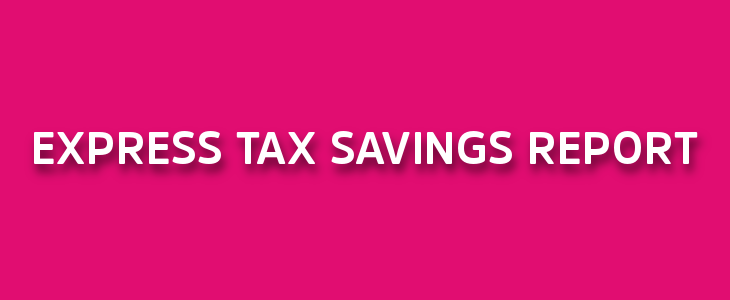Costa Rica, literally meaning ‘Rich Coast’ in Spanish, is a country in Central America (bordered by Nicaragua, Panama, the Pacific Ocean, and Ecuador). The name La Costa Rica was first applied by Christopher Columbus in 1502 when he sailed to the eastern shores of Costa Rica during his final voyage and…
Trust cloning involves setting up a trust (the ‘cloned trust’) with the same terms and beneficiaries of another trust (the ‘original trust’). Assets may then be transferred from the original trust to the cloned trust. The advantages of trust cloning are: Asset protection – allows a trust carrying on a business to separate the business…
Average weekly pay: $2,037 Employment size: 80,000 Future growth: Moderate Skill level Certificate III Fly-in fly-out (FIFO) workers are…
In 1797 Great Britain introduced a farm horse tax on horses and mules that were used in husbandry or trade. The tax was levied at the rate of 2s per horse or mule. The tax collectors visited the farms to audit the farmers and ensure they were paying the…
Chile is a South American country bordering Peru to the north, Bolivia to the northeast, Argentina to the east, and the Drake Passage in the far south. The name Chile comes from the Incas who called the valley of the Aconcagua, ‘Chili’. Augusto Pinochet’s authoritarian military government ruled Chile between 1973 and 1990. The first…
New Report – Express Tax Savings Report The express tax savings report enables you to generate a client tax savings report in only 5 minutes. It is as simple as selecting the strategies applicable to the client and clicking the express button. Step 1 – Enter Client Data Set-up the client and enter the…
Objectives: Roy, an employee software salesperson, uses his own motor vehicle for work purposes and is reimbursed the cost by his employer. Facts: Incurrs $12,000 motor vehicle expenses for the year. Reimbursed 76%, or $9,120 by the employer. Accountant’s Advice: Tax Strategy 7: Double Dip For Employees Claiming Motor Vehicle…
Average weekly pay: $1,953 Employment size: 125,400 Future growth: Strong Skill level Bachelor Degree or higher Engineers design, construct, and maintain products, machines, and structures. Typical tax deductions: Travel…
The Duties on Clocks and Watches Act 1797 was an Act passed by the Parliament of Great Britain instituting a tax on clocks and watches. The tax was introduced by the Prime Minister William Pitt and was assessed at the annual rate of two shillings and sixpence for a basic watch, five shillings for a…
Cape Verde (officially the Republic of Cabo Verde) is an island country spanning an archipelago of 10 volcanic islands in the central Atlantic Ocean (570 km off the west coast of Africa). The economy of Cape Verde is service-oriented with commerce, transport, tourism, and public services accounting for more than 70% of GDP. In…
"You’d be stupid not to try to cut your tax bill and those that don’t are stupid in business"
- Bono: U2










